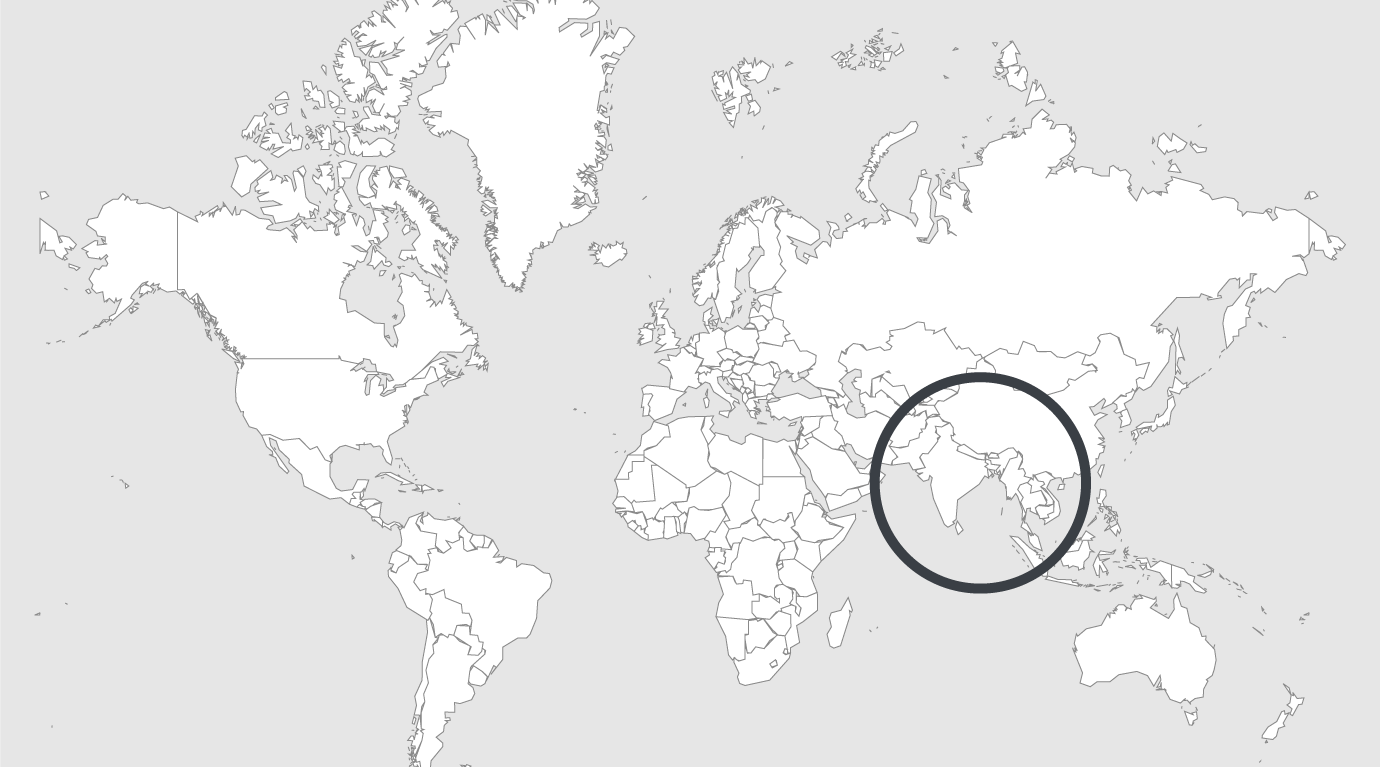
Explore
Pakistan: 'Depoliticisation of police is a must for effective criminal justice system'
Depoliticisation of the police is a must for effective working of the criminal justice system in Pakistan.
This was stated by former police official and Federal Investigation Agency chief Dr Shoaib Suddle who called upon civil society, media and lawyers community on Monday in a struggle for implementation of the law, especially the Police Order, 2002.
Suddle was the keynote speaker at an ‘Interactive Session on Police Reforms’, which was jointly organised by the Pakistan Institute of Labour Education and Research (Piler) and Citizens Trust Against Crimes at the office of Citizens Police Liaison Committee (CPLC), Karachi.
“Rights are not given, they are taken,” said Suddle, adding that citizens’ activism through courts is an encouraging sign to ensure the protection of rights given under the Constitution. According to him, the Police Order, 2002 is much better than the police laws in many countries.
Tracing the formation of the policing system by the British in unified India, Suddle said that in 1856, the Indian Board of Governors of East India Company had decided to make police laws on the same pattern as the London police laws.
But in the meantime, the 1857 mutiny happened so the British rulers framed the law in 1861 on the Irish model, he said, adding that they implemented the London model of police law only in three major cities of India – Calcutta, Madras and Bombay – while the Irish model was implemented in other parts of India.
“After independence, Quaid-i-Azam Mohammad Ali Jinnah had pledged to introduce the Bombay model police law in Karachi, but bureaucracy failed to fulfill that promise,” he said. Later, different commissions were formed to make a new police law. The commissions gave their recommendations and finally the 2002 law was passed, Suddle said.
Read full article.
